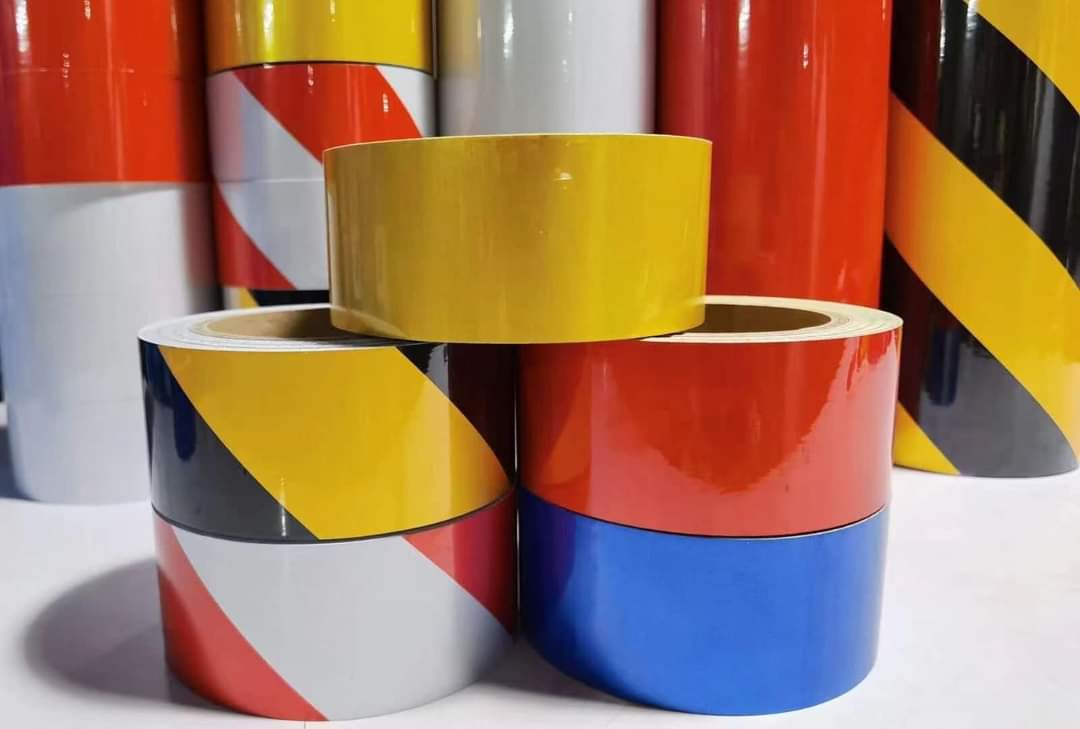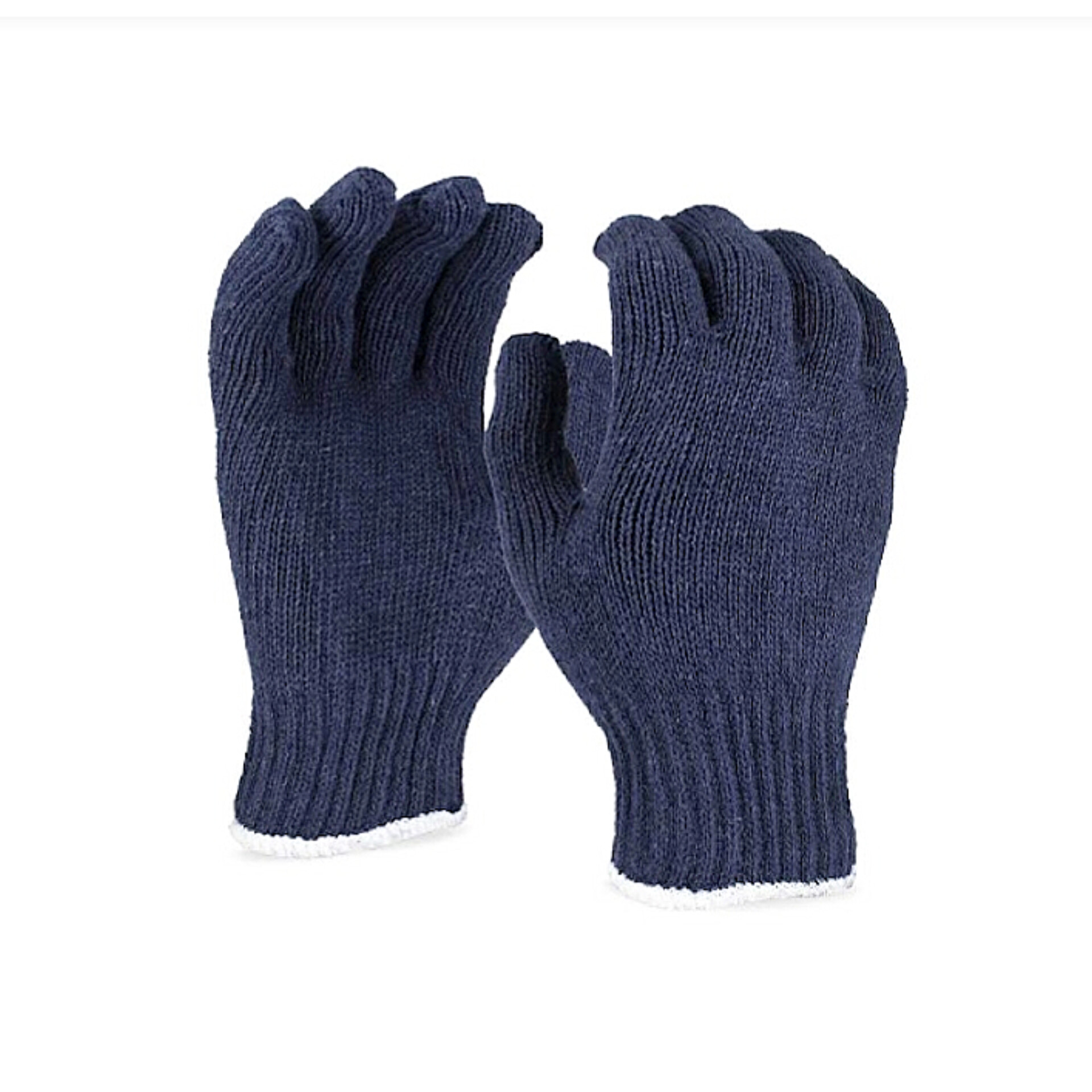Krishika Cottons
Palakkad - Kerala
Products & Services:
Krishika Cottons, Palakkad, Kerala, Reviews, Contact number, Phone number, Address, Map, Surgical De More..
Since : 2000
Palakkad - Kerala
Products & Services:
Krishika Cottons, Palakkad, Kerala, Reviews, Contact number, Phone number, Address, Map, Surgical De More..
Since : 2000
Cotton yarn waste dealers are crucial in the textile recycling process. They specialize in the collection, processing, and distribution of cotton yarn waste, a byproduct of textile manufacturing. These dealers help reduce waste by offering cotton yarn waste as a raw material for various industries. In Kerala, a state with a significant textile industry, these dealers provide an essential service by making recycled cotton yarn waste available for other industries like cleaning, insulation, and packaging.
Cotton yarn waste is often collected from textile mills, garment manufacturers, and other textile production units. The waste typically comes in the form of scraps, leftover threads, and fibers that are no longer suitable for weaving or knitting into fabrics. These materials, however, hold immense potential for various secondary applications, making them an essential resource for industries involved in recycling and sustainable production.
Cotton waste is a valuable
byproduct from textile industries, providing an eco-friendly solution for
recycling and repurposing cotton materials. This article covers essential
details about Cotton Cloth Waste Manufacturers, as well as sub-categories like Cotton
Yarn Waste Dealers, Cotton Yarn Waste Manufacturers, Cotton Waste Dealers, White
Cloth Waste Dealers, and White Yarn Waste Dealers. We also address frequently
asked questions to help users understand the cotton waste industry and its
significance.
Cotton cloth waste refers to
discarded or leftover cotton fabrics generated during the manufacturing process
of garments, textiles, or other cotton products. This waste can be recycled or
repurposed, reducing the environmental impact of textile production. Cotton
waste is used in various industries such as cleaning, padding, stuffing, and
even in the production of new textiles.
Cotton Yarn Waste Dealers play a crucial role in recycling and supplying cotton waste for various industries. Cotton yarn waste, typically produced from textile mills, is utilized in multiple applications such as stuffing, cleaning, and manufacturing eco-friendly products.
Cotton yarn waste dealers
specialize in collecting and selling waste or surplus yarn from textile
manufacturing. These dealers provide cotton yarn that is not suitable for
weaving or knitting but can be repurposed in other sectors.
Cotton Yarn
Waste Manufacturers
Manufacturers of cotton yarn
waste specialize in processing discarded or surplus cotton yarn from
production. This waste is processed and categorized based on its type, quality,
and usability.
Cotton waste dealers are
businesses or suppliers specializing in the collection, processing, and sale of
cotton waste. Cotton waste typically includes leftover cotton fibers, lint, and
byproducts generated during the manufacturing process of textiles, garments,
and other cotton-based products.
Key
Services Offered by Cotton Waste Dealers:
White Cloth
Waste Dealers
White cloth waste refers to
offcuts or discarded white cotton fabrics from the garment and textile
industry. Dealers specializing in white cloth waste cater to industries that
require white rags or cotton pieces for specific applications.
White Yarn
Waste Dealers
White yarn waste dealers
specialize in providing surplus or discarded white cotton yarn from spinning
mills. This type of yarn waste is valuable for various industries.
Q1: What is
cotton waste used for?
A1: Cotton waste is used in
various industries, including the production of cleaning materials (like rags
and wipes), automotive interiors, insulation, padding, and recycling into new
textiles. Cotton waste is also repurposed in paper production and for stuffing
materials like pillows and cushions.
Q2: How do
cotton cloth waste manufacturers contribute to sustainability?
A2: Cotton cloth waste
manufacturers play a crucial role in sustainability by collecting and
repurposing waste that would otherwise end up in landfills. By recycling cotton
waste, they reduce the demand for raw cotton, conserve resources, and minimize
environmental impact.
Q3: What is
the difference between cotton yarn waste and cotton cloth waste?
A3: Cotton yarn waste refers
to unused or discarded yarn left over from the production of textiles, while cotton
cloth waste is leftover fabric from cutting and sewing processes. Yarn waste is
often recycled to create new textiles, whereas cloth waste may be used in
cleaning materials, padding, or reprocessing into other products.
Q4: How is
white cloth waste different from colored cloth waste?
A4: White cloth waste
typically refers to discarded or surplus white cotton fabrics, which are
favored for applications where the absence of color is required, such as in the
cleaning industry or certain recycling processes. Colored cloth waste includes
fabrics with dyes or patterns, which may be used for different applications
depending on the color or material.
Q5: What
industries use cotton yarn waste?
A5: Cotton yarn waste is
utilized in industries such as textiles (for recycling and creating new
fabrics), cleaning (for wipes and rags), automotive (for insulation and
padding), and the paper industry (for producing high-quality paper).
Q6: Can
cotton waste be recycled?
A6: Yes, cotton waste is
highly recyclable. Both yarn and fabric waste can be reprocessed into new
textiles or used in other industries, such as paper production, padding, or
cleaning materials. Recycling cotton waste helps reduce the demand for virgin
cotton and minimizes environmental impact.
Q7: What is
the significance of cotton waste in the cleaning industry?
A7: Cotton waste, especially
white cotton waste, is highly absorbent and soft, making it ideal for cleaning,
wiping, and dusting surfaces. The cleaning industry relies on cotton waste for
producing rags, cloths, and polishing materials that are both cost-effective
and environmentally friendly.
Q8: How do
cotton waste dealers operate?
A8: Cotton waste dealers
collect waste from textile manufacturers, sort and process the waste, and
distribute it to industries that can repurpose it. They act as intermediaries,
ensuring that cotton waste is efficiently reused rather than discarded.
Q9: Are
there different grades of cotton waste?
A9: Yes, cotton waste is
often classified into different grades based on factors like color, material
type, and cleanliness. Higher grades of cotton waste may be used in textile
recycling, while lower grades may be suitable for industrial cleaning or padding.
Q10: Can I
buy cotton waste in bulk?
A10: Yes, cotton waste is
often sold in bulk to industries that need large quantities for manufacturing,
recycling, or cleaning purposes. Many cotton waste dealers and manufacturers
offer bulk purchasing options to cater to these needs.

Kerala, Palakkad

Kerala, Palakkad